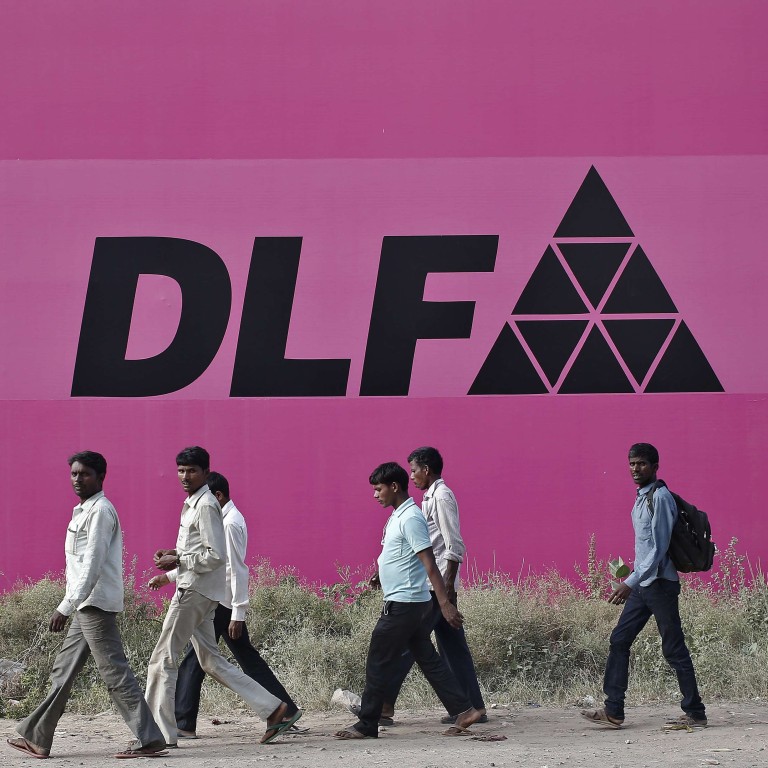
Regulatory action hammers former Indian soldier who built a city
Listing irregularity pushes Kushal Pal Singh off his perch as nation's richest developer after ban
It was, by his own account, a chance encounter that turned former soldier Kushal Pal Singh into the man who built a city from nothing and made billions.
Singh was toppled from his spot as India's richest property developer last week, when his company DLF was hit with a three-year ban from capital markets, accused by the regulator of failing to disclose key information at the time of its record-breaking 2007 market listing.
Investors wiped more than US$1.3 billion off the company's market value after the decision.
Village boy turned visionary developer, Singh may be largely unknown outside India. But as the man who built "boom city" Gurgaon and fostered the outsourcing industry - with a little help, he says, from ex-General Electric boss Jack Welch - he has been among the most influential Indian names of recent decades.
To its cheerleaders, Gurgaon, the city he imagined and built 24km outside India's capital Delhi, is a prototype of where young, upwardly mobile Indians want to live and work. The outsourcing boom has made the city India's third-richest.
"It is India's first smart city," said Rajeev Talwar, executive director at DLF. "Its infrastructure may be creaking ... but there is a new part which supports a new kind of life."
To its detractors, though, Gurgaon is the epitome of the fervid real estate speculation and dysfunctional urban sprawl that threaten India's cities as populations boom. Water and power are unreliable, social problems abound and private contractors have had to step in where the police have failed.
Its population ballooned to 1.5 million in the decade to 2011.
It has been a difficult year for Singh, whose fate has been closely tied to the Gandhi family. Haryana, the state neighbouring Delhi and including Gurgaon, has long been a stronghold for the family and the Congress party.
After a decade in power Congress, led by Sonia Gandhi, was ousted in May's general election by Narendra Modi's Bharatiya Janata Party. Haryana's voters threw out Congress in a state election last week.
"There are businesses that have benefited from managing their political connections, and real estate is one of them," said an executive whose company works with DLF.
In Singh's case, the link goes back decades.
In his autobiography, Singh describes how in 1980 he met Rajiv Gandhi, Sonia's husband and India's prime minister from 1984 to 1989, when the latter was travelling to Gurgaon and had stopped to sevice his car.
Singh, whose family property firm had been pushed out of the capital by development laws, says he shared his plan for the dry and desolate Gurgaon region, and his fate was sealed.
The meeting served DLF well and Singh amassed 1,400 hectares of land in Gurgaon.
In 2007, DLF listed in what was then India's largest IPO. The atmosphere at DLF, one employee recalled, was "electric".
However, politics has cost Singh dearly - DLF has been hit several times with accusations of improper land deals with family members of Congress chief Sonia Gandhi.
But even detractors say it is not over for Singh or DLF.
"It is not the end of the road for them. These companies don't disappear," said Prashant Bhushan, a lawyer and anti-corruption activist who has long campaigned against DLF.
DLF on Friday filed an appeal against the regulator's order. The first hearing will be heard today.

